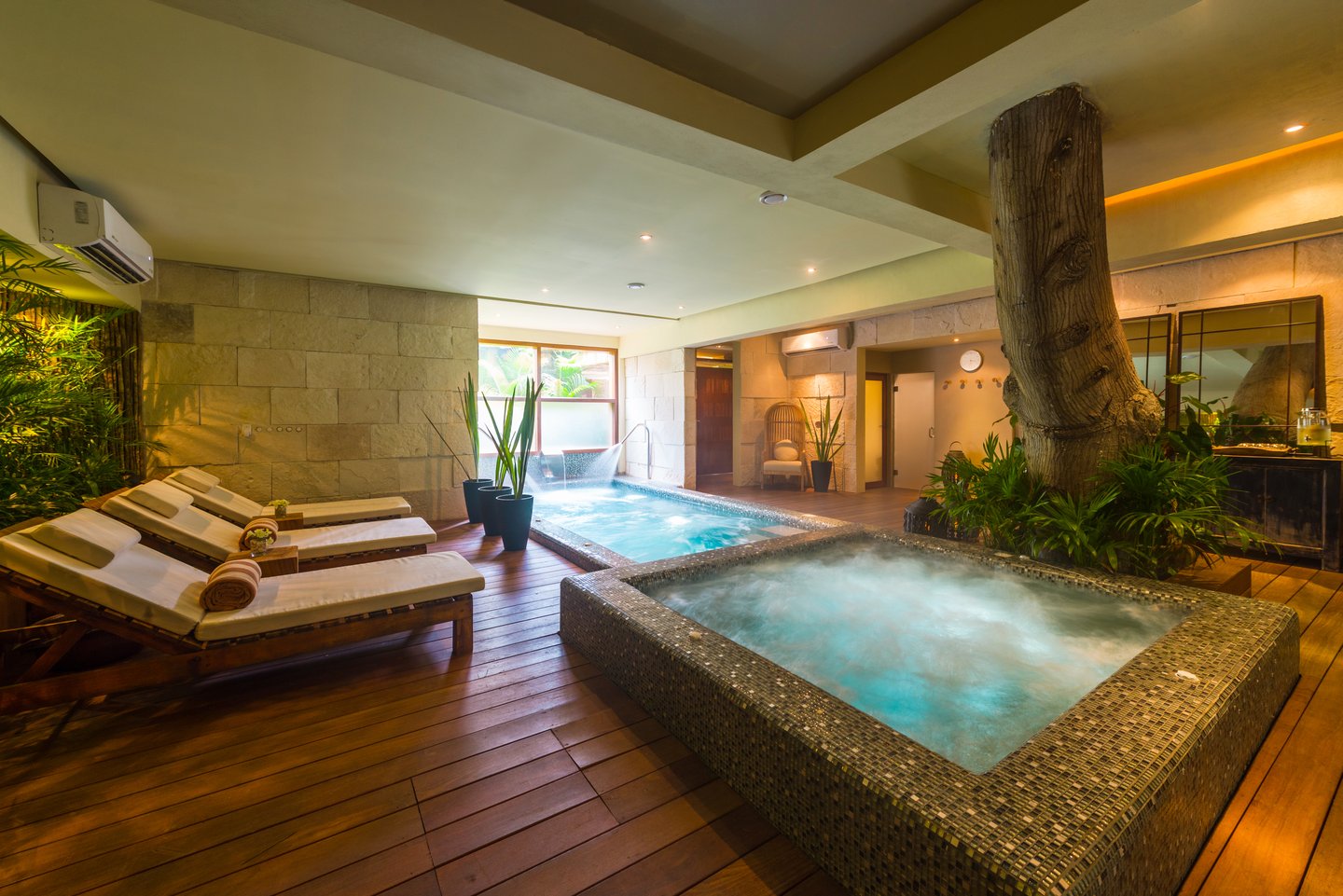Boutique Hotel Improves Guest Wi-Fi Rating a Full Bubble on TripAdvisor in Four Weeks
According to the World Travel & Tourism Council, 10.4 percent of Mexico's $1.15 trillion GDP comes from tourism. And while the country has numerous locales for tourists to visit, Cancun and the Riviera Maya is by far one of its most popular areas. In fact, within a 200-kilometer stretch of Mexico's coast, tourists will find more than 1,075 hotels and 102,000 guestrooms with over 30,000 in construction, making it comparable in size to Las Vegas. However, this beautiful area of Mexico experiences a problem that fundamentally affects both the guest experience and back-of-house operations by hotel staff: substandard broadband, Wi-Fi and Internet connectivity.
Magic Blue Boutique Spa Hotel, a 45-room boutique spa hotel in Playa del Carmen, was no exception.
As a hotel, it caters mostly to 25-55 year old guests who are visiting Mexico on vacation. As is now common, these guests expect the hotel to provide excellent Wi-Fi so that they can upload photos of their vacation, stream Netflix shows on the in-room television, and purchase hotel add-ons without issue via their preferred mobile device at any time and in any place. However, for years the hotel was unable to provide guests the internet connectivity they wanted or deserved.
"From the very beginning, our Wi-Fi was consistently one of our lowest scoring metrics among guests," said Jaime Macedo, Owner and CEO at MM Desarrollos, the development company for Magic Blue Spa Boutique Hotel. "When we first bought the hotel in 2013, we had a local internet supplier, and the internet was horrible. We changed suppliers twice, and while that made some improvements, we still were not satisfied."
In fact, there were times when the hotel's internet would be down anywhere from one to three hours at a time. This not only frustrated guests but hotel staff as well. The hotel runs all of its back-of-house systems in the cloud, so during internet outages, staff members could not check guests in or out, accept payments, or do any other important job functions.
"This problem is not unique to just us," Macedo explains. "Suppliers in the Cancun area of Mexico are just not very efficient at providing high-quality internet to hotel properties, whether that property is a small boutique or a large international brand."
Then, about a year ago, Macedo spoke with GigNet, a managed broadband provider, about a new internet solution they were offering to hospitality companies in the Cancun area. GigNet explained to Macedo how it built its own 200-kilometer network of fully redundant, Ethernet-based, fiber optic network from Cancun to Tulum. Additionally, GigNet said it could offer Magic Blue up to 1GB of dedicated bandwidth per month, finance the entire cost of replacing the hotel's network infrastructure, and manage the internet service for the hotel for a monthly fee effectively making it a single-source provider for the hotel.
This was intriguing to Macedo who knew that dedicated broadband in Mexico was virtually impossible, with many hotels sharing 100 megabits of internet access with other hotels in the Cancun area. Additionally, Macedo was drawn to the idea of GigNet being a single-source provider. This meant only one phone call if and when there was a problem with the internet. This was completely different from what he and other hoteliers in the Cancun area had been dealing with: two or three different broadband providers, a company that installed the cables, and another company that installed the antennas. When the internet went down, hotels often have to call all five companies before it can figure out what is causing the internet outage.
Macedo decided to have GigNet out to his property and after an initial survey, it found three problems that were causing poor internet performance for hotel guests and staff. First, the shared internet access was costly and ineffective. Second, the local provider was treating the hotel as if it was an apartment building. This meant the hotel had a Wireless Access Point (WAP) in every room without an intelligent controller. The WAPs were interfering with each other on the saturated 2.4 GHz band. Third, there was no property wide roaming capability, meaning that as guests moved about the property they were asked repeatedly to re-sign in to the internet.
To fix these three issues, GigNet reduced the number of access points by 75%, installed an intelligent access controller, and enabled a single login property wide roaming capability. This allows guests to stream HD video throughout the property as they move from their hotel room to the pool without any degradation in the video quality.
As an added benefit, the hotel was finally able to update the software on its expensive in-room smart Android TVs. Before partnering with GigNet, none of the televisions had been updated in two years as the hotel never had enough internet bandwidth to get the upgrades to download and install properly. This was especially frustrating to Macedo who had invested in this hardware that wasn't living up to its full potential.
"All or most of the Netflix content that is now streaming is in 4K," he notes. "You need high-quality Wi-Fi to be able to deliver the proper viewing experience, otherwise the video looks like it is from the 90s."
Since partnering with GigNet, Magic Blue has seen a "drastic improvement" in its internet service, Macedo says.
"Our average guest rating is now 4.9 out of 5, which we are very happy about," he explains. "Our guests are happy. We are able to offer 200 megabits of dedicated Internet. And because GigNet's network is different from the rest of the suppliers, our internet speed doesn't drop – even if there is a spike in traffic – like during a rainy day when everyone is inside watching Netflix."
Additionally, while Magic Blue is paying a little bit more than they did before, "the service is 10 times better," Macedo adds.




